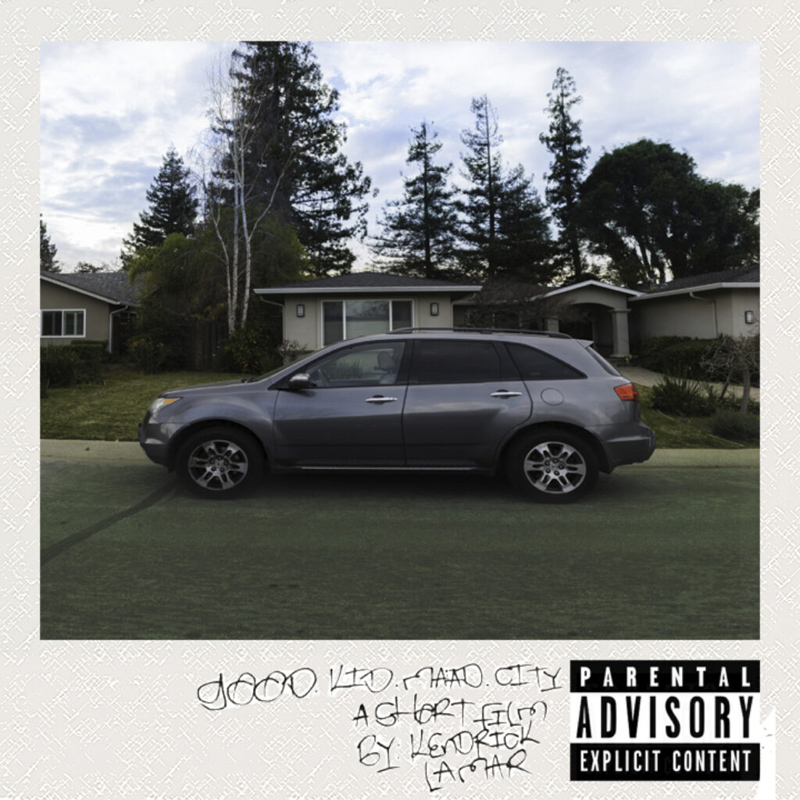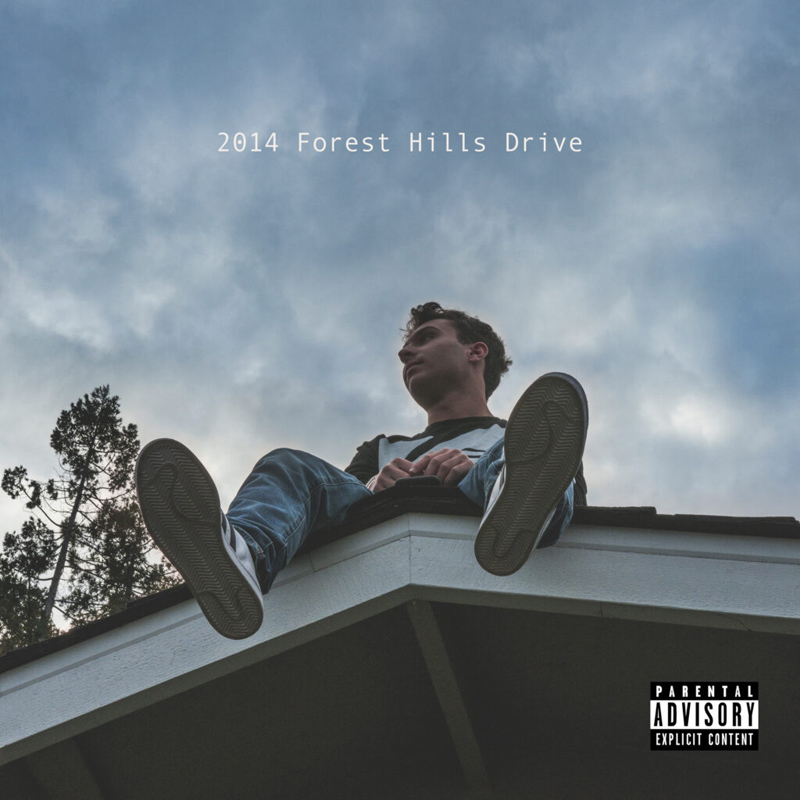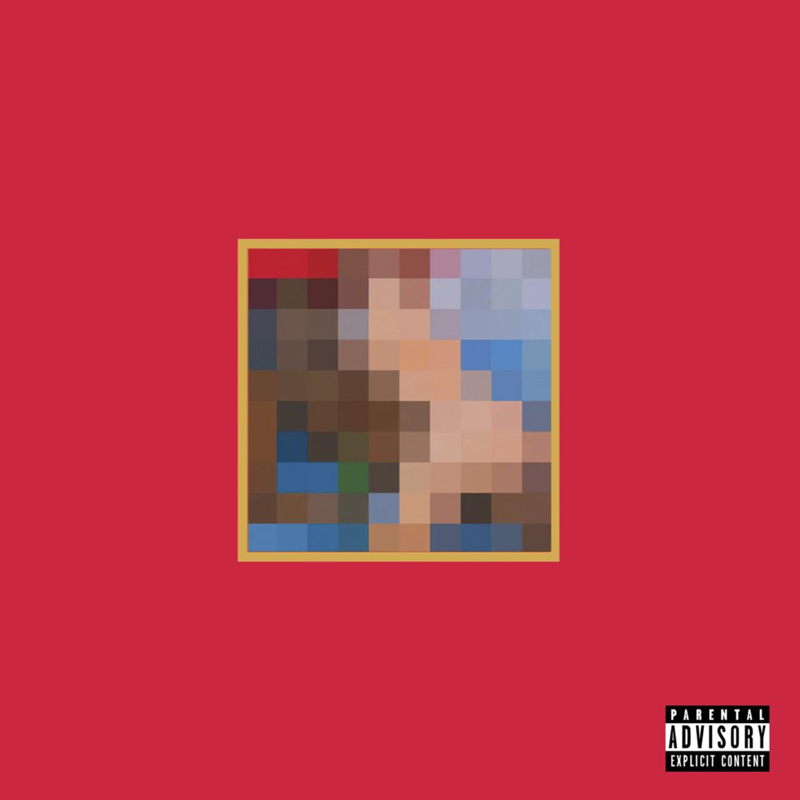Lyrical Essay
The lyrical essay unit was meant for us to learn how to write creative nonfiction essays. To make these essay’s creative, we studied different lyrical essays and learned different literary techniques to help us write our own. One of the pieces we read was Citizen by Claudia Rankine. The book is a collection of lyrical essays or poems that detail the life of modern day African American life and the struggles that African Americans face in the 21st century. The book has many visual pieces that continue the themes from the essays.
For my lyrical essay, I wanted to discuss the most influential piece of medium in recent years, rap and hip-hop. Looking at the history of the music genre, I found how many mainstream companies tried to disregard and stop the growth of rap because of the language it uses and how it discusses taboo topics. The main focus of my essay was to detail the many ways how the Grammys, the prominent music award show, tried to dismantle the growth of rap.
The Grammy’s disrespect for Hip Hop
Since the creation of hip hop in the Bronx in the 1970’s, the genre has been criticized by mainstream media and critics alike, accusing the musicians of highlighting gang culture, drugs, sex, misogyny, but mostly promoting black culture. The Grammy Awards are no exception to this because when the rap category was created in 1989, the academy decided that the award should not be aired on TV. With this decision by the Grammys, many rappers led a boycott of the 31st annual Grammys show. DJ Jazzy Jeff & The Fresh Prince, who won the award with “Parents Just Don’t Understand,” is a lighthearted song with a fun and playful music video, but it doesn’t compare to the groundbreaking work by Public Enemy’s and N.W.A’s work from the same year. This decision by the academy to award the most mainstream and non confrontational type of song is one of many ways the music industry tried to undermine hip hop as an art form and culture as well.
The Grammys has a history of similar acts of marginalization, skipping over meaningful and powerful rap albums/songs and picking pop artists that are more profitable to occupy the rap space . The nominees for the 2014 best rap album were; Drake, Jay-Z, Kanye West, Kendrick Lamar, and Macklemore and Ryan Lewis. The winner: Macklemore and Ryan Lewis. No that’s not a typo, the album The Heist with its two chart topping singles may have seemed like the right choice for the academy members who didn’t listen to any of the other nominated records. Although either of the other four genre defying artists deserved the award more than Macklemore and Ryan Lewis, Kendrick Lamar’s classic Good Kid, M.A.A.D City was not only one of the best albums of the decade, but is recognized as one of the greatest rap albums of all time. The “short film by Kendrick Lamar,” with M.A.A.D’s two meanings: My Angry Adolescence Divided” and “My Angels on Angel Dust,” details his past, present, and future of growing up in Compton and how a “good kid” can make it out of a rough upbringing in a “mad city” that does everything in its power to tear him down. After the award show was over, Macklemore posted to his social media a screenshot of his apology text to Kendrick, saying “You got robbed” of the award. The academy made the decision that seemed smart to them, giving the award to a white man who makes chart topping pop songs that would be more accepted by the mainstream media that believes music like Kendrick’s is too vulgar and aggressive.
“The Grammys don’t have a hip-hop problem; the Grammys are the problem.” With hip-hop/rap being the most popular genre on the planet, it should come as a surprise that the recording academy constantly chooses the wrong side of the category. They have always skewed towards the old, white male, and the modern artists of the 2010’s are losing interest in the award show after years of being underappreciated. From Kendrick Lamar and Childish Gambino declining offers to perform, to Drake diminishing the importance of winning a gilded gramophone, to artists like Tyler, the Creator complaining that his album Igor, that won the award for best rap album, wasn’t even a rap album at all, this generations hip hop/rap artists are understanding that they don’t need accolades from old white guys and that good artistry exceeds any and all awards.
Intention Statement
My subject choice is all about rap and hip hop and the marginalization of the music genre in mainstream media and the popular award show. I was inspired by reading different opinions on rap on social media and how I learned so much about the genre through these media outlets and realizing how many times the Grammys have messed up the award. I decided to write about hip hop/rap and the Grammys because each and every year the Grammys makes a mistake when it comes to the nominations and winners of the rap categories. As a fan of rap and someone who is always disappointed in what the Grammys do, I wanted to research and learn more about the issues of the award show. I also wanted to write about the mainstream media highlighting artists who don’t represent the artistry of hip hop or its culture. The message I hoped to convey is to teach the importance of hip hop’s culture and how the mainstream media, such as the Grammys, doesn’t represent that culture. Through the footnotes, I added my opinions on different different areas of the music world such as in the lyrical essay, about the lobster festival in Maine by David Foster Wallace. I think my use of my opinions in the footnotes adds more to my lyrical essay by adding my point of view rather than just the facts from sources which would be in a regular research paper. One of my favorite research sources was just a long list of every time there was a snub during the rap awards portion of the Grammys. I was late completing my first draft of the lyrical essay, so unfortunately I didn’t get any peer feedback on my essay by my fellow classmates.
Lyrical Essay Production
In Digital Media, we were tasked with producing something that was on topic with our Lyrical Essay in English. With my essay being about rap music, I decided to recreate album covers from three of the best rap albums from the last decade. I recreated Good Kid, M.A.A.D City by Kendrick Lamar, 2014 Forest Hills Drive by J.Cole, and My Beautiful Dark Twisted Fantasy by Kanye West.


